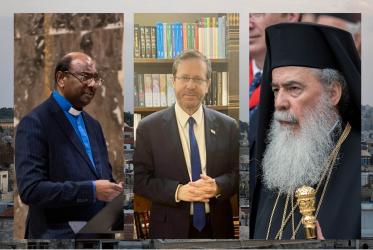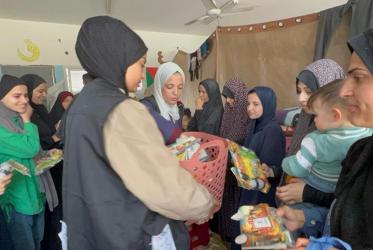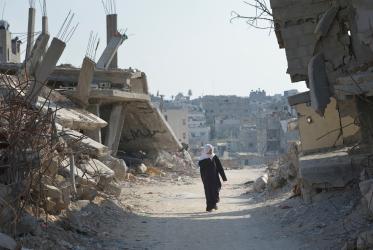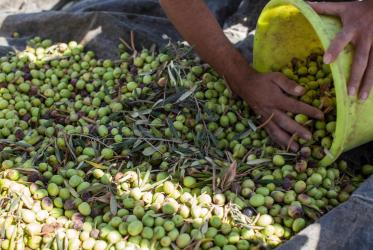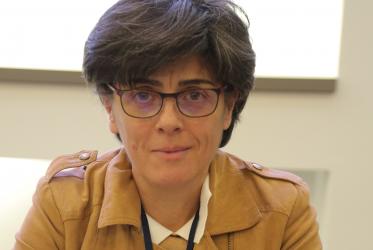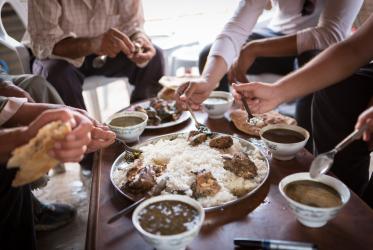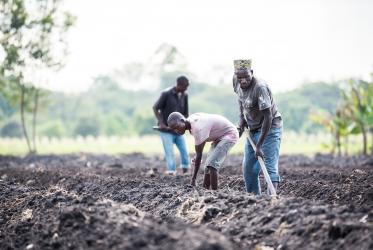Displaying 1 - 20 of 20
03 April 2024
Words of steadfastness ring from the rubble
21 March 2024
WCC calls for immediate end to brutal violence in Gaza
30 December 2023
Displaced people south of Gaza face extreme difficulty
21 December 2023
In Lebanon, “without peace there is no justice”
21 July 2021
Hope prevails in times of crisis in Lebanon
14 September 2020
Dr Saïd Ailabouni: God is on the side of rejected, oppressed, occupied
12 September 2019
WCC regrets USA withdrawal from UN relief for Palestinian refugees
03 September 2018
In Lebanon, refugees face hardship - but find hope
16 March 2017


